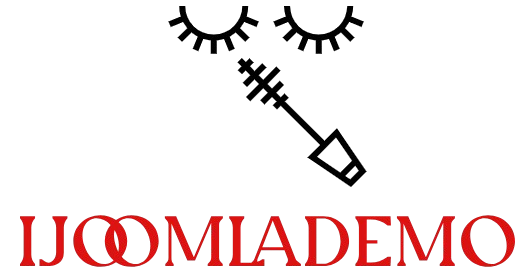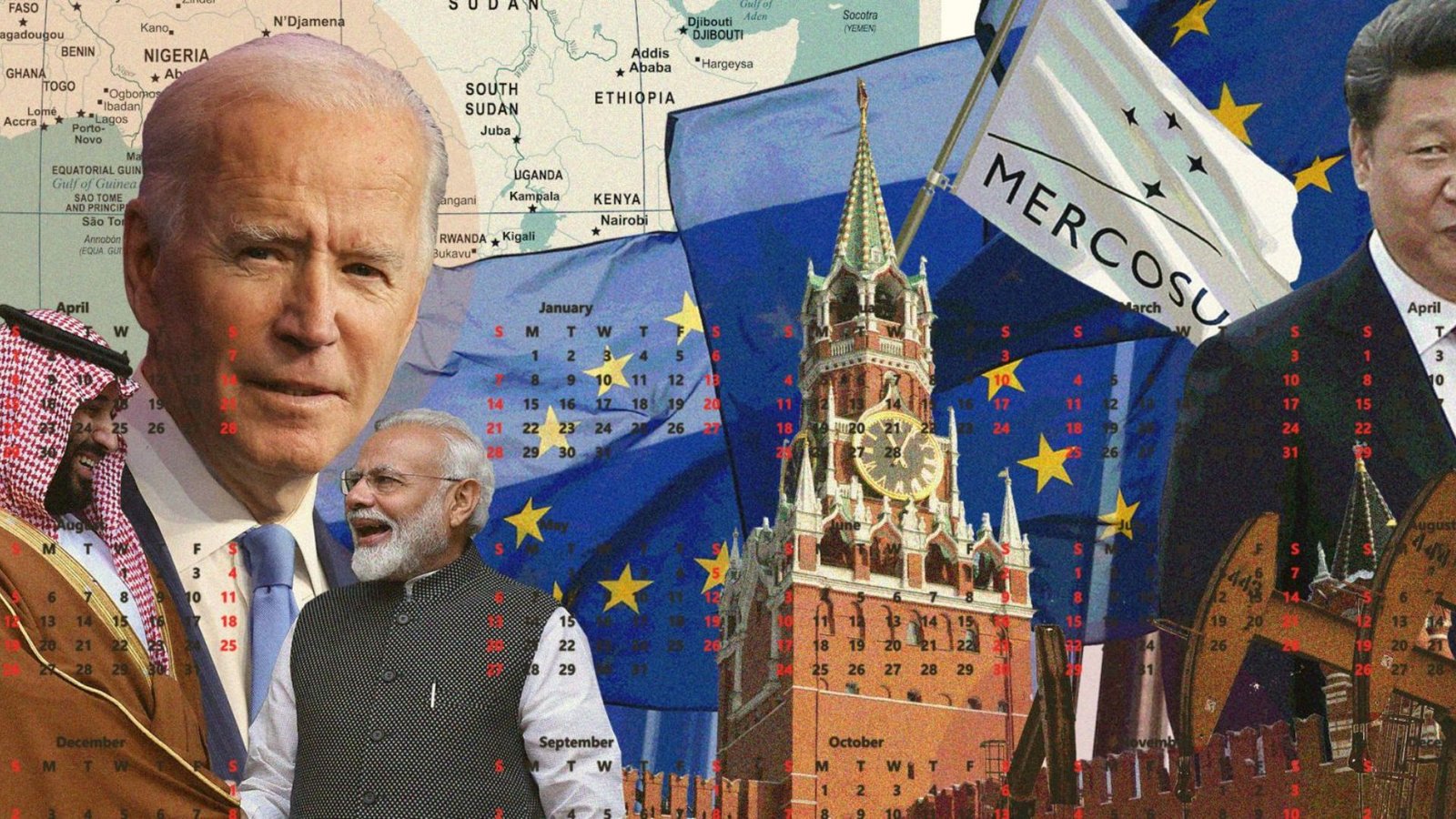Understanding history is crucial for gaining insight into current political dynamics. By studying past political events, we can identify patterns, learn from previous successes and failures, and apply these lessons to today’s challenges. Here’s how you can use historical political events to gain valuable insights.

Analyze Patterns and Trends
Look for recurring themes and patterns in historical political events. Many political issues, such as economic crises, social movements, and conflicts, tend to repeat over time. By recognizing these patterns, you can better anticipate and understand current political developments.
Learn from Past Mistakes
History is full of political missteps that led to significant consequences. Studying these mistakes can help you understand what went wrong and why, allowing you to identify potential pitfalls in current political strategies. This knowledge can inform more effective decision-making and advocacy.
Draw Parallels Between Past and Present
Comparing historical events with current ones can provide context and clarity. For example, examining how previous governments handled pandemics, wars, or economic recessions can shed light on the effectiveness of current policies. These parallels can also help predict potential outcomes of today’s political decisions.
Understand the Evolution of Political Ideas
Political ideologies and movements have evolved significantly over time. By studying the origins and development of these ideas, you can gain a deeper understanding of their impact on modern politics. This insight can also help you navigate the ideological landscape and better engage with political discourse.
Examine the Role of Leadership
Historical political events often highlight the importance of leadership. Analyzing the actions and decisions of past leaders can provide valuable lessons on what makes an effective leader and how leadership styles influence political outcomes. This knowledge can be applied to evaluate current leaders and their policies.
Recognize the Impact of Social Movements
Social movements have played a crucial role in shaping political landscapes throughout history. By studying the strategies, successes, and challenges of past movements, you can gain insights into how grassroots efforts can influence change today. Understanding these dynamics can also guide your participation in or support for modern social movements.
Identify Long-Term Consequences
Historical events often have long-term political, social, and economic consequences. By examining these outcomes, you can better understand the potential long-term effects of current political actions and policies. This perspective is essential for making informed decisions and advocating for sustainable solutions.
Apply Historical Lessons to Modern Issues
The lessons learned from historical political events can be directly applied to contemporary issues. Whether it’s navigating international relations, addressing social justice concerns, or managing economic policies, history offers a wealth of knowledge that can inform and improve current political strategies.
Conclusion
Using historical political events for insight is a powerful tool for understanding and engaging with today’s political landscape. By analyzing patterns, learning from past mistakes, and drawing parallels to current events, you can develop a more informed and strategic approach to politics. History not only helps us understand where we’ve been but also guides us in shaping a better future.




